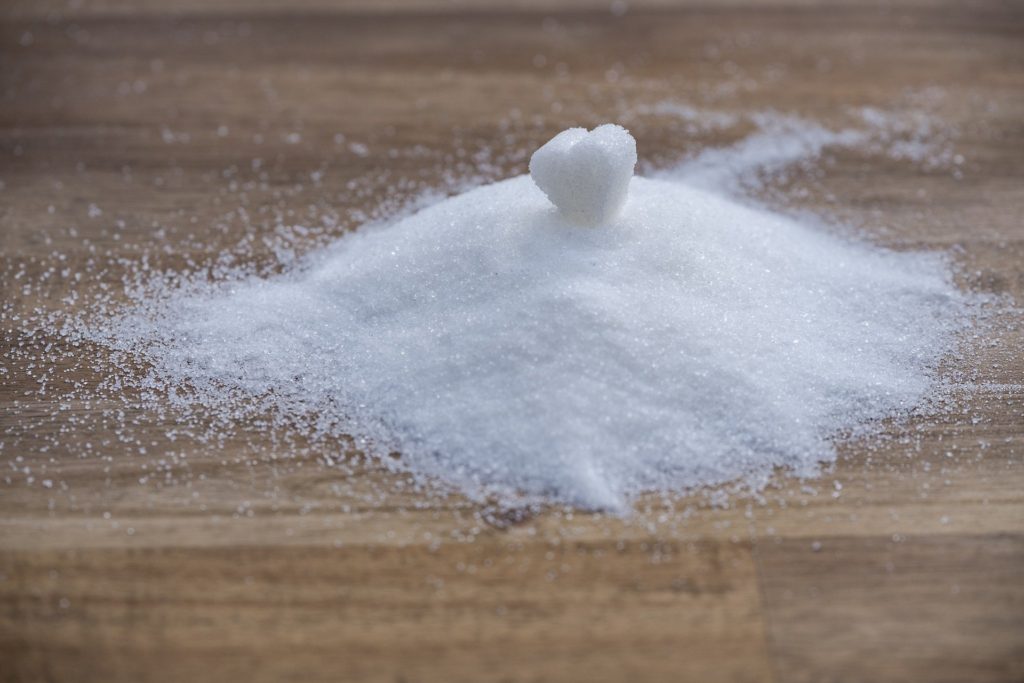Most of the artificial sweeteners in sugar–free gum are bad for you.
Adding artificial sweeteners to your food can help you cut back on calories and sugar intake without compromising on taste.
But, while these sugar substitutes are definitely less detrimental to your waistline compared to their natural counterparts, using them excessively is not recommended.
In one study, they found that those who consumed artificial sweeteners on a regular basis increased their risk of developing stroke and dementia by 3x!
In this article, I’ll discuss why most of the artificial sweeteners in gum are bad for you, and their safer alternatives.
Artificial sweeteners have been a topic of debate for years now.
What Are Artificial Sweeteners?
Artificial sweeteners are man-made, zero-calorie sweeteners that are used to replace sugar in some food products, like chewing gum.
They are most commonly used to sweeten food and drinks without adding any calories or sugar.
Artificial sweeteners are also popular among dieters and diabetics as they enable them to eat sweets without worrying about their carb and calorie intake.
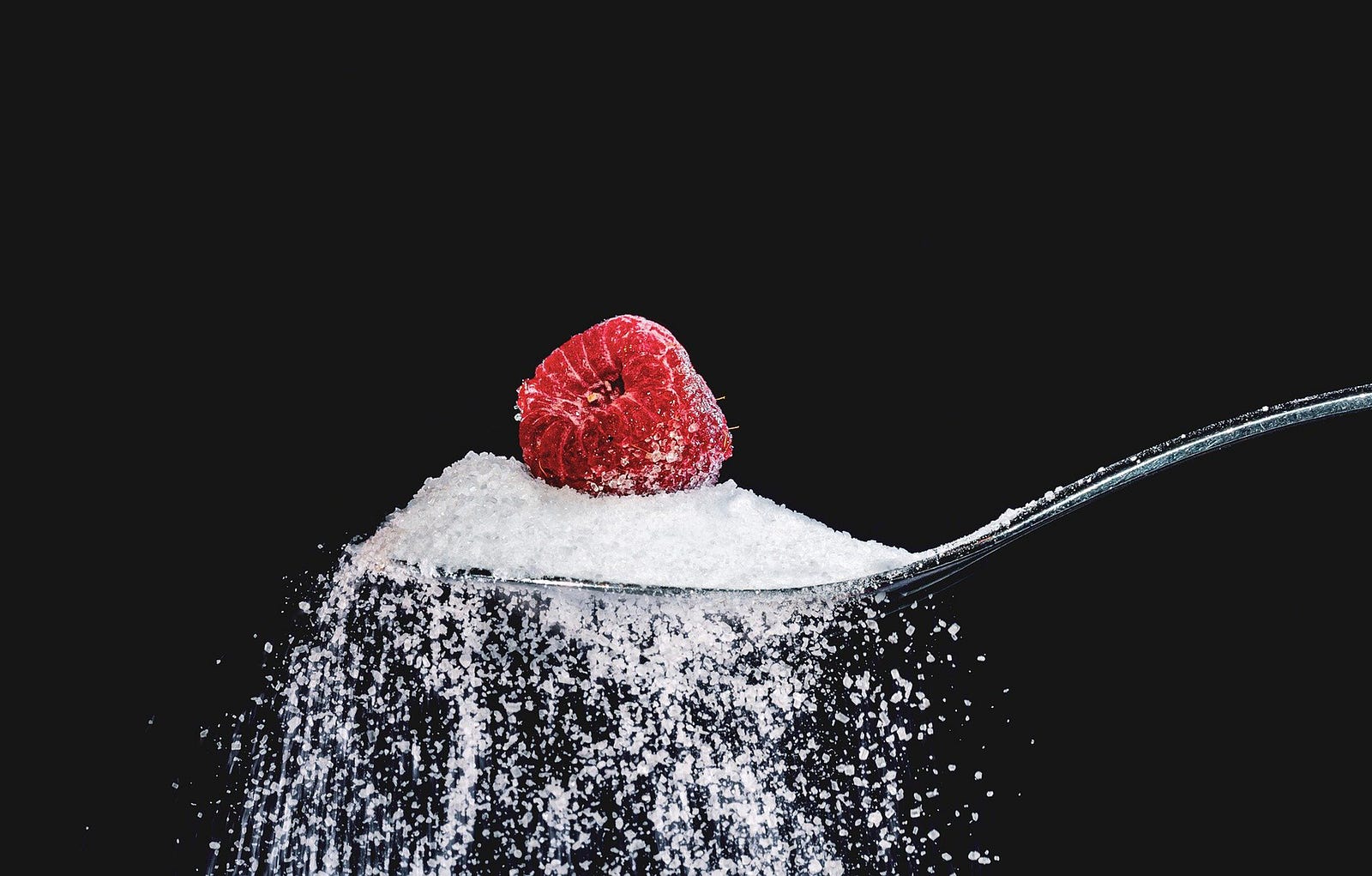
Why Are Artificial Sweeteners Used In Gum?
Artificial sweeteners are usually used instead of sugar in chewing gum since artificial sweeteners don’t cause cavities, unlike sugar.
The reason sugar is bad for your teeth is that it feeds the bad bacteria in your mouth, which can cause cavities and acidic waste products to form.
This can obviously be bad for your teeth.
But, since artificial sweeteners don’t have any calories, they don’t feed the bad bacteria in your mouth.
What Sweeteners Are Used In Sugar-Free Gum?
The most popular sweeteners used in sugar–free gum are sugar alcohols, like xylitol, maltitol, sorbitol, mannitol, isomalt, and lactitol.
Sugar alcohols are the most common sweetener found in sugar–free gum because they taste very similar to sugar.
For example, sucralose, an artificial sweetener that isn’t a sugar alcohol, is around 500x sweeter than sugar.
However, xylitol only has around 75% of the sweetness that sugar has, which makes it more palatable.
But, all sugar–free gums don’t use sugar alcohols.
Some of them use artificial sweeteners, like aspartame, and natural sweeteners, like stevia.
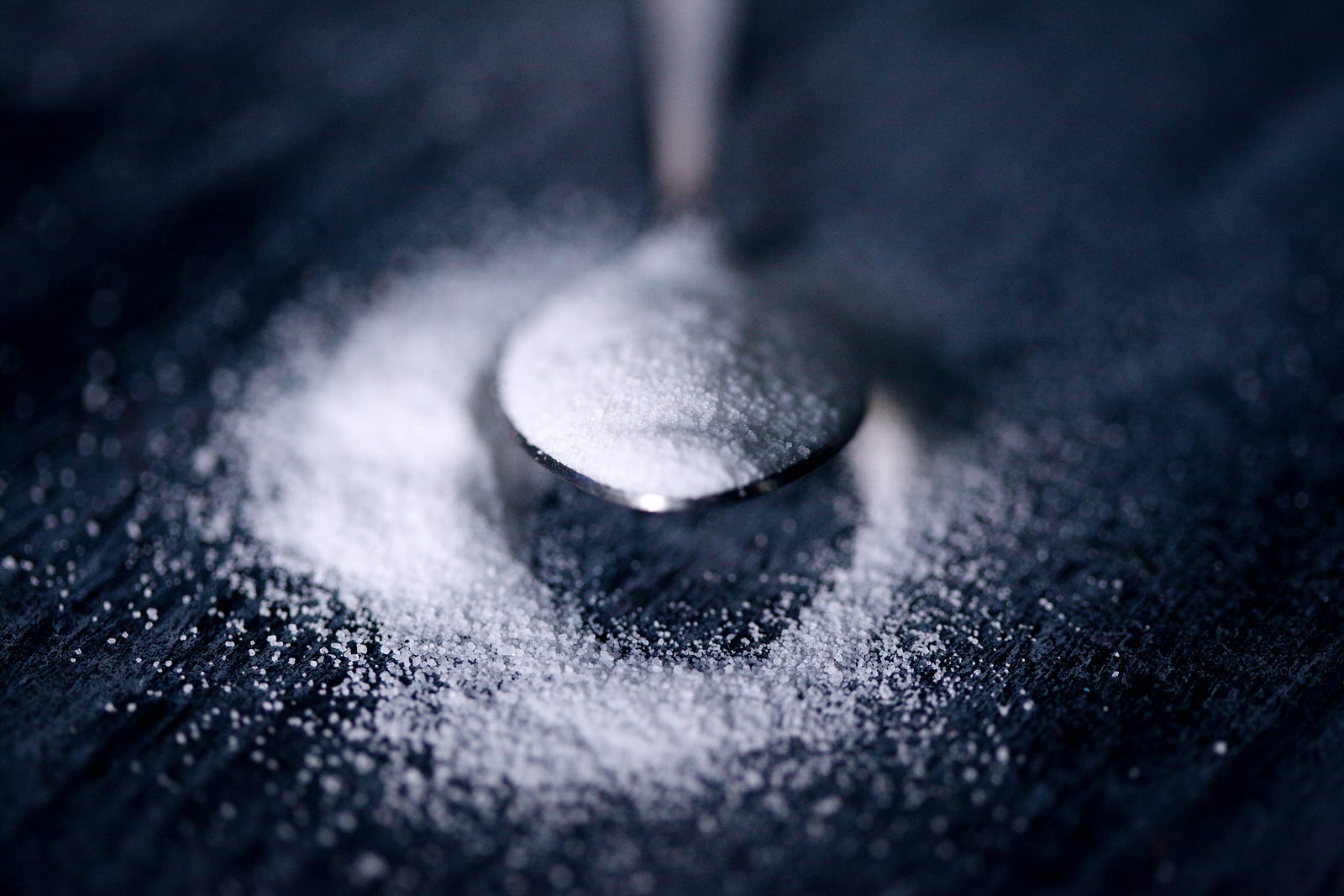
Are Sugar Alcohols Bad for You?
The sugar alcohols that are found in sugar–free gum have been the subject of heated debate for decades now.
While some people swear by their health benefits, others consider them to be health hazards that should be avoided at all costs.
In order to better understand if sugar alcohols are right for you, let’s take a look at their pros and cons.
Pros of Using Sugar Alcohols
- Sugar alcohols aren’t bad for your teeth, unlike sugar.
- Sugar alcohols can help to cut down your sugar intake.
- Sugar alcohols can help you lose weight since they’re low in calories.
- Sugar alcohols have less of an impact on your insulin levels compared to sugar.
So, the biggest benefit of choosing sugar–free gum over normal gum is that sugar–free gum isn’t bad for your teeth, and it can also help you to cut sugar out of your diet.
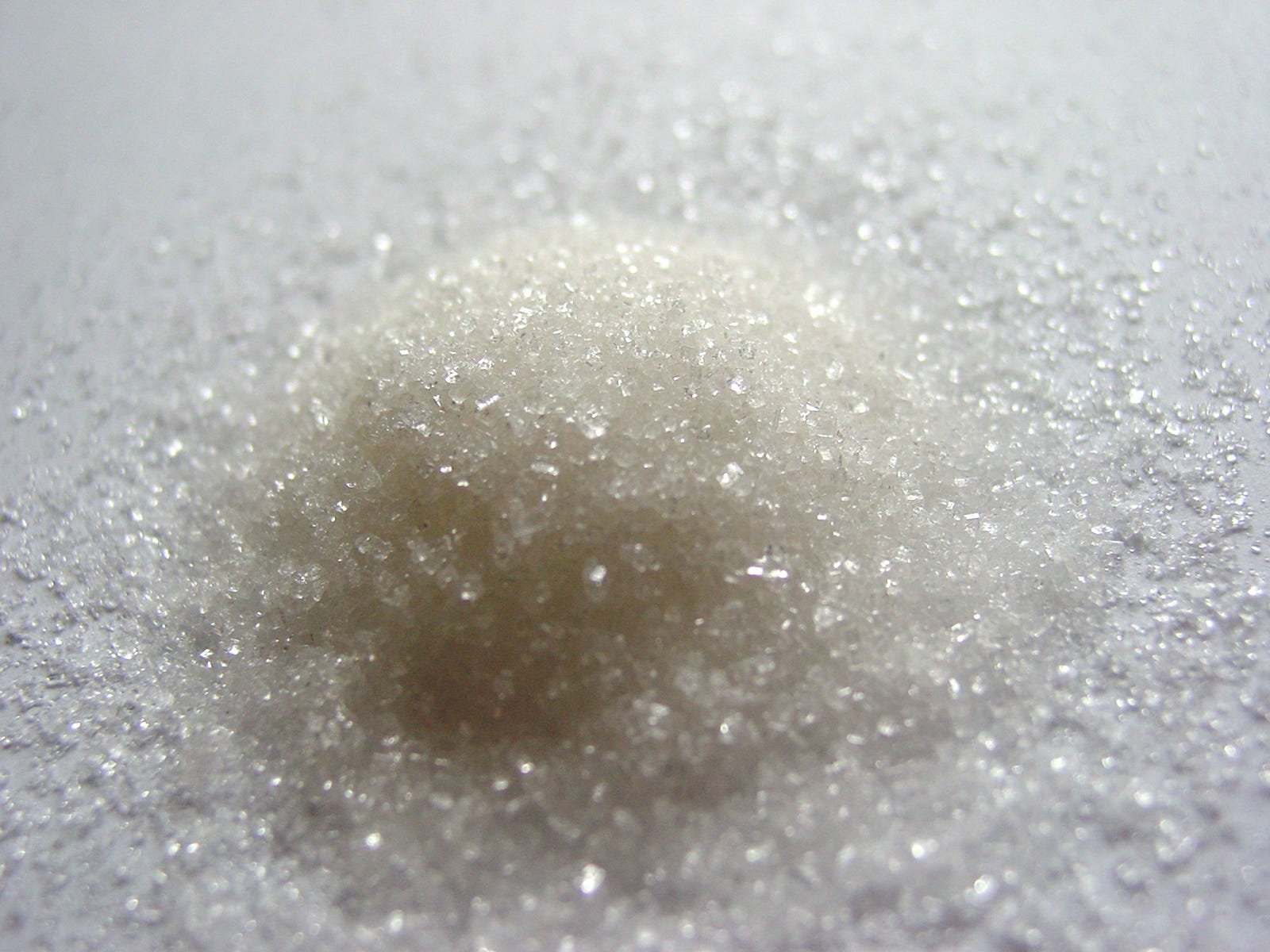
Cons of Using Sugar Alcohols
- Sugar alcohols are bad for your gut bacteria.
- Most sugar alcohols cause digestive issues like diarrhea.
- Sugar substitutes, like sugar alcohols, can be addictive.
- Sugar substitutes, like sugar alcohols, can make your cravings for sugar worse.
In short, the biggest drawback to choosing sugar–free gum over normal gum is that sugar–free gum can damage your gut’s bacteria, which could lead to issues like diarrhea.
For example, one study found that sugar alcohols, like those that are commonly found in sugar–free gum, almost always cause diarrhea.
And, if you chose sugar alcohols to help you lose weight, they may actually cause more harm than good.
Sugar alcohols may make you gain weight as they feed the bad bacteria in your gut to grow.
And, since the gut impacts glycemic control, insulin secretion, and hunger, you may find that you start to gain weight when you consume sugar alcohols.
But, that doesn’t mean that all hope is lost for people that want to avoid sugar in their gum.
*Note: Some of these links are Amazon affiliate links, which I earn a small commission from if you decide to purchase from them.*
What Are Natural Zero–Calorie Sweeteners?
Natural zero–calorie sweeteners, like stevia, erythritol, and monk fruit, are natural zero–calorie alternatives to sugar. Natural zero-calorie sweeteners don’t raise insulin, and they also don’t cause the harmful effects that artificial sweeteners and sugar alcohols cause.
But, the problem is that, currently, there isn’t a sugar–free gum that uses these sweeteners.
All of the sweetened sugar–free gums I’ve seen contain sugar alcohols or artificial sweeteners.
But, the sugar–free gum club still has one last hope — mastic gum.
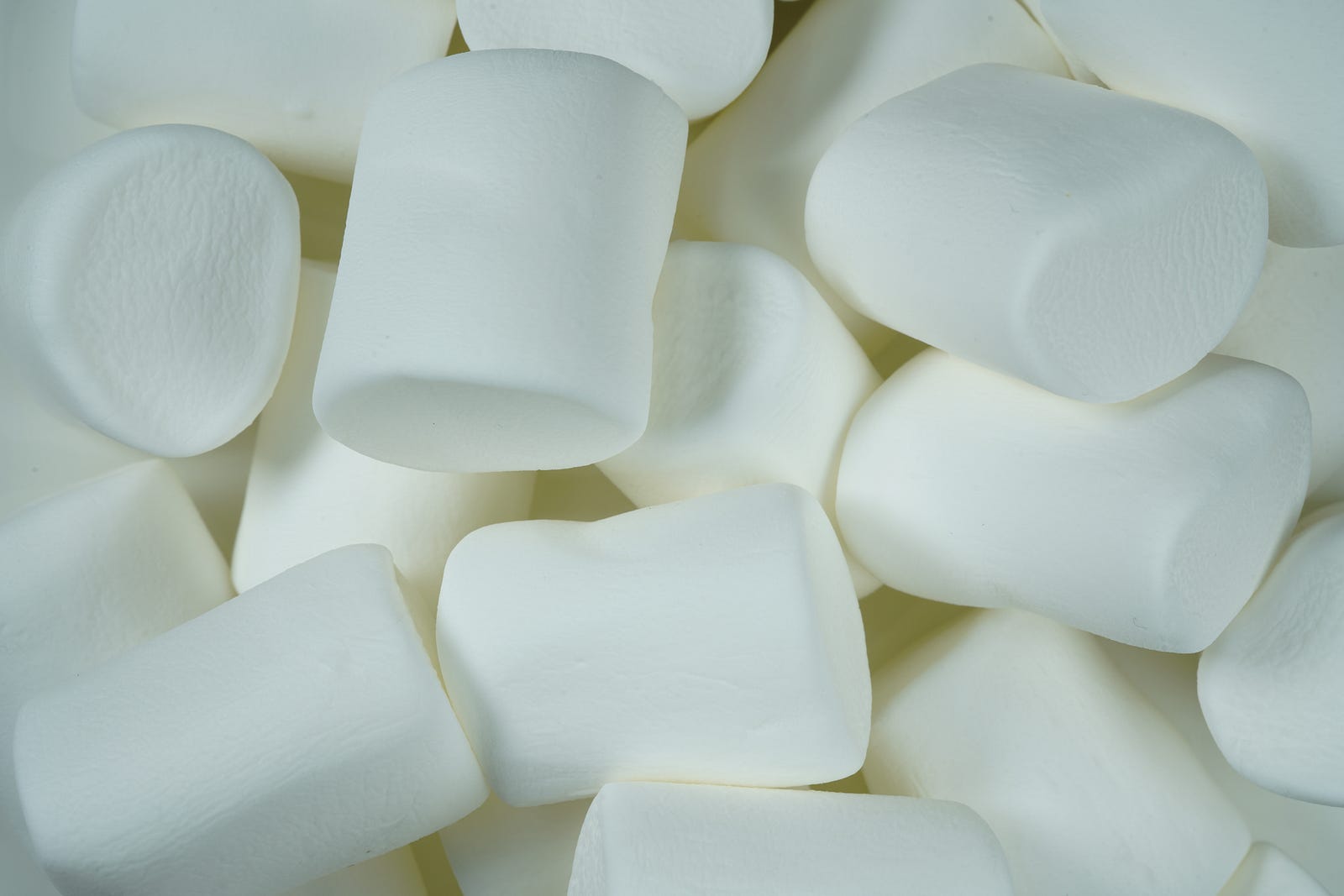
Natural Alternatives to Sugar–Free Gum
The best natural and sugar-free alternative to sugar–free gum is mastic gum.
Mastic gum is a type of gum that’s native to Turkey and Chios, an island next to Greece, and comes from the sap of the mastic plant.
In Turkey and Chios, mastic gum is one of the most popular gums.
I’m currently chewing it as I write this, and it tastes very pleasant.
It isn’t sweet, but it has a nice taste that you can’t find with any other gums.
Conclusion
In conclusion, most of the sweeteners in sugar–free gum are bad for you since they can cause digestive issues.
But, if you’ve consumed sugar–free gum before and found that it didn’t cause an issue, you can continue to consume it.
However, if you want a safer and more natural alternative to sugar–free gum, I recommend buying mastic gum.
If you want to learn more about the diuretic effects of artificial sweeteners and sugar alcohols, you can read my article here where I discuss the topic in more depth.
- Can You Still Lose Weight If You Aren’t in Ketosis? - February 8, 2023
- Can the Keto Diet Help With Depression? - February 8, 2023
- Why Does Processed Food Make You Fat? - January 2, 2023



